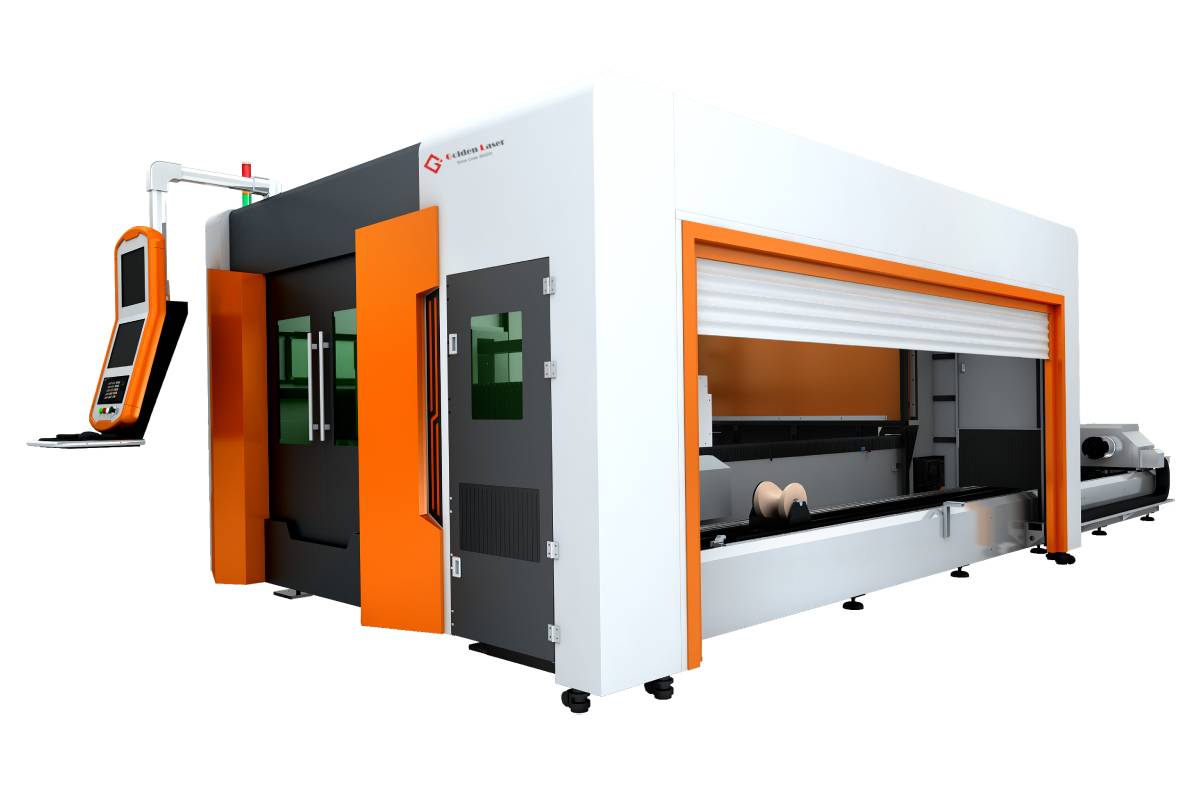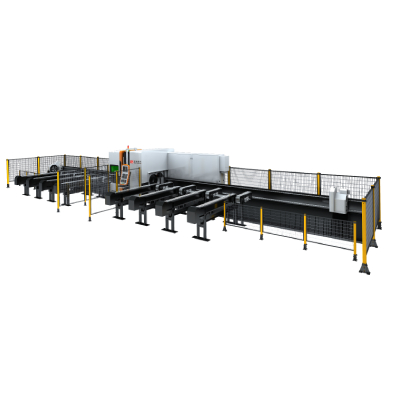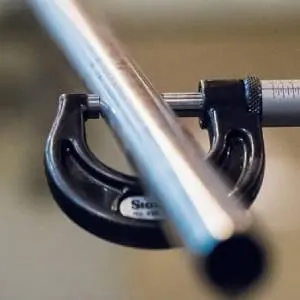
Revolutionizing Automotive Manufacturing: The Impact of Laser Cutting Machines on the Production of Automotive Parts
In recent years, the automotive industry has experienced a significant transformation driven by advancements in technology. One of the most notable innovations has been the introduction and integration of laser cutting machines for automotive parts. These machines are revolutionizing how manufacturers create components, ensuring higher precision, efficiency, and flexibility in production. As the automotive sector continues to evolve, understanding the benefits of laser cutting technologies becomes essential for businesses aiming to maintain a competitive edge.

Revolutionizing Automotive Manufacturing: The Impact of Laser Cutting Machines on the Production of Automotive Parts

Revolutionizing Automotive Manufacturing: The Impact of Laser Cutting Machines on the Production of Automotive Parts
Laser cutting machines utilize high-powered lasers to cut through various materials with exceptional accuracy. This technology sets itself apart from traditional cutting methods due to its ability to produce intricate designs and shapes that would otherwise be challenging to achieve. The automotive industry demands precision; thus, incorporating laser cutting into the production of automotive parts enhances overall component quality. Components produced with laser cutters exhibit smoother finishes and more precise dimensions, reducing the likelihood of errors or misfits during assembly.
One of the significant advantages of using laser cutting machines is their efficiency. Traditional methods of cutting materials can be time-consuming, often requiring multiple tools to finish a job. In contrast, a laser cutting machine can rapidly process materials like steel, aluminum, and composite materials with minimal setup time. This efficiency contributes to shorter production cycles, enabling manufacturers to respond quickly to market demands without compromising quality. As a result, companies can decrease lead times and maintain lower inventory, positively impacting their bottom line.
Moreover, the flexibility offered by laser cutting machines is vital for automotive manufacturers. Production runs in the automotive sector often fluctuate due to changing consumer preferences and market trends. With traditional cutting methods, adapting to new designs or alterations can be cumbersome and costly. However, laser cutting machines allow for easy reprogramming and adjustment of cutting parameters. This flexibility ensures that manufacturers can swiftly transition to new designs or modifications, ultimately keeping pace with an ever-evolving market.
Another crucial consideration in the automotive industry is the materials used in manufacturing. Cars today are made from a variety of materials to meet demands for improved performance, safety, and fuel efficiency. Laser cutting machines can effectively cut through a wide range of materials, including advanced high-strength steels, lightweight aluminum, and various composites. This adaptability makes laser cutting an excellent choice for companies aspiring to innovate with new materials while maintaining the necessary precision and quality standards.
Furthermore, the environmental impact of manufacturing processes has become an essential focus for companies in the automotive sector. Laser cutting promotes eco-friendly manufacturing techniques. The precision of laser cutting minimizes waste, as the technology allows for more accurate cuts compared to traditional methods. Reduced waste not only contributes to environmental sustainability but also positively influences overall production costs, making laser cutting machines an attractive option for cost-conscious manufacturers.
Training and skill development are also essential considerations when integrating new technologies into existing manufacturing processes. While laser cutting machines can enhance efficiency and precision, ensuring operators are adequately trained in the use of these machines is critical for maximizing their potential. Therefore, businesses should invest in training programs that equip employees with the necessary skills to operate and maintain laser cutting technology effectively. By fostering a culture of continuous learning, companies can build a workforce capable of leveraging the full capabilities of laser cutting machinery.
As automakers and parts manufacturers embrace laser cutting machines, the automotive landscape continues to transform. By enhancing precision, flexibility, efficiency, and sustainability, this technology plays a crucial role in addressing the challenges facing the industry today. Companies that leverage laser cutting technologies are well-positioned to adapt to changing market demands and drive innovation in automotive manufacturing. As the competitive landscape becomes increasingly challenging, the use of laser cutting machines for automotive parts will undoubtedly play an essential role in shaping the future of the industry. Through ongoing investment in technology, training, and sustainability practices, automotive manufacturers can pave the way for a new era of production that prioritizes quality and environmental responsibility. laser metal flat cutting machine
